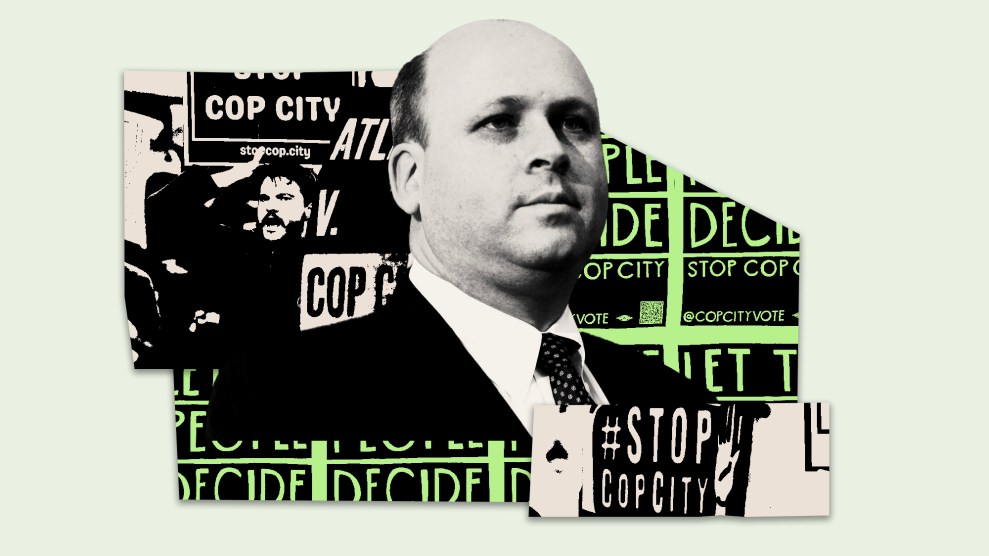Article created by The Independent Institute.
WASHINGTON—Israel’s pursuit of Hezbollah in Lebanon is a mistake. It is unwittingly targeting the best hope of civilized life in the Middle East (outside of Israel itself) and creating the kind of moral and institutional vacuum that engenders sectarian violence.
As I traveled in Lebanon two weeks ago, four things struck me: the almost miraculous reconstruction of Beirut; the free-thinking cosmopolitanism of its middle class; the spirit of peaceful coexistence among the various religious groups, thanks in part to the open-mindedness of much of the Sunni population; and the resentment against Hezbollah among Christians (who comprise more than 35 percent of the population) and Muslims almost everywhere except the Bekaa Valley and southern Lebanon.
Compared to any other Arab country, Lebanon was the closest thing to paradise. Yes, Hezbollah’s mighty presence was obvious as I drove around Baalbek, in the east, and from Tyre to the border with Israel in the south, where the Shiite population is concentrated. The yellow Hezbollah banners, pictures of Hasan Nasrallah’s bearded face or of the late Ayatollah Khomeini indicated whose bastion I was in. And I heard Walid Jumblatt, one of the leaders responsible for forcing Syria’s withdrawal from Lebanon and a pillar of the parliamentary majority, express frustration with Hezbollah’s influence in the nation’s politics.
But Lebanon was obviously making progress. Its legendary entrepreneurial drive was back. Even with an economy not fully recovered from a civil war that reduced the country’s GDP by half, one sensed a spirit of optimism. People were planning all sorts of personal projects—an unmistakable sign of civil society, whether it be opening new bars on Beirut’s Monot Street or, as Nada, an assistant working at a cultural institute, had just done, persuading a publisher to start an imprint devoted to translations of Spain’s modern literature.
All of this progress has now been reduced to rubble. The infrastructure that took billions of dollars to rebuild is being pulverized. The institutions that managed to hold the internal peace are being blown away. The confident embrace of the outside world is dissipating. An atmosphere is now emerging in which civil society will shrink and extremists will thrive, as happened between 1975 and 1990. The country will now be hostage to the ideological and personal designs of power-hungry leaders. (As I write these words, I get an e-mail from Nada: “… We are trapped. If Israel stops, the threat of this happening again will hang over us forever because Hezbollah is still strong. If they don’t, we will be paying too high a price. … They have just bombed Byblos (a city in northern Lebanon) … this is hell, we are running out of fuel!”)
It is true that Lebanon in transition had many problems, including the political survival of many leaders who fought the war, a power-sharing arrangement entirely based on religious grounds and, especially, the incapacity of the political institutions to disarm Hezbollah. But Israel’s reprisals are not making that right. They are punishing a moderately successful attempt at religious diversity in a climate of peaceful coexistence and modernization in the Arab world.
Hezbollah is in part a creature of Israel’s presence in Lebanon from 1982 until 2000. Unlike the civil society that is being bombed, Hezbollah is trained in guerrilla fighting. And if things continue as they are, these terrorists will now be handed a failed state in which they will make themselves the only operative Lebanese force.
Few things can be more legitimate than defending oneself against the attacks of an organization such as Hezbollah, whose cowardly rockets are aimed at terrorizing the whole of the Galilee hills area in Israel, whose allies—Iran and Syria—are two of the worst human-right offenders in the history of mankind, and whose ideology is simply barbaric. But Israel’s response places collective guilt on an entire society for the atrocities of a minority of which that society is itself the victim.
Gideon Levy, an Israeli commentator, put it like this in an article published in Haaretz: “Eight soldiers are killed and two abducted to Lebanon? All of Lebanon will pay. … The (army) absorbed two painful blows, which were particularly humiliating, and in their wake went into a war that is all about restoring its lost dignity, which on our side is called ‘restoring deterrent capabilities.’”
It is hard to see how a nation that stands for moral rectitude and civilization can win people over to its struggle for security by using means that tarnish that very objective.













